Howard Zinn 3-pack
3 CDs
Includes:
Q&A in Albuquerque
This recording, recently discovered in the piles at AR, features the great radical historian talking with students at UNM. He is asked about getting past the culture of denial of the powerful. Drawing on his vast knowledge of history he says, “It always takes time and persistence. Every movement looks like it is hopeless in the beginning. It seems people have no power. But then people took risks. The most important thing we can do is not to hold back. Resist authority. The more people speak out it encourages others to do the same. The American system is controlled but it has little openings. We have to take advantage of those openings.” He tells the students about his friend and fellow WWII vet, Kurt Vonnegut and a letter the New York Times refused to print. A perfect companion to the Back Seat Interviews I did with him that same day as we drove from Santa Fe to this event in Albuquerque and back. Recorded at the University of New Mexico.
Three Holy Wars
The conventional view of U.S. wars follows a formulaic line: We are innocent victims of unprovoked attacks. The sleeping giant wakes and reluctantly goes to fight. All military action is imbued with benevolent intentions: human rights, democracy, and liberty. There are parades and flag-waving. Solemn ceremonies and gun salutes at funerals honor the fallen. But who asks for what and for whom were they killed? Who benefits? Weapons manufacturers and mercenary contractors make out like bandits. That's a taboo subject. Resources? Empire expansion? Don't go there. Stick to patriotism. You can mouth the typical prattle of they died for freedom. The Afghan war is Operation Enduring Freedom. And war crimes? That's what they do, not us. Tribunals? Same deal: for them. Wars are packaged and sold just like any other commodity. Propaganda is skillfully used to win over the population. Recorded at Boston University on Armistice Day.
Against Discouragement
It wasn't that long ago when the U.S. labeled the African National Congress as a terrorist organization. Its leader, Nelson Mandela languished for years in prison. Then because of massive grassroots movement and international support through boycott and divestment, Mandela is released and South Africa frees itself from its apartheid regime. Throughout history people have overcome tremendous odds to advance the cause of justice. Take the civil rights movement. What were African Americans up against? The entire apparatus of power from the courthouse to the statehouse was controlled by segregationists. And the federal government? Asleep at the wheel. Nevertheless, blacks organized and fought back. The key to the struggle was collective action. There's an African proverb that captures that spirit, "If you want to go quickly, go alone. If you want to go far, go together."
Speaker
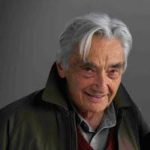
Howard Zinn
HOWARD ZINN CENTENARY 1922-2022
Howard Zinn, professor emeritus at Boston University, was perhaps this country’s premier radical historian. He was born in Brooklyn in 1922. His parents, poor immigrants, were constantly moving to stay, as he once told me, “one step ahead of the landlord.” After high school, he went to work in the Brooklyn Navy Yard. During World War II, he saw combat duty as an air force bombardier. After the war, he went to Columbia University on the GI Bill. He taught at Spelman, the all-Black women’s college in Atlanta. He was an active figure in the civil rights movement and served on the board of SNCC, the Student Nonviolent Coordinating Committee. He was fired by Spelman for his activism. He was among the first to oppose U.S. aggression in Indochina. His book Vietnam: The Logic of Withdrawal was an instant classic. A principled opponent of imperialism and militarism, he was an advocate of non-violent civil disobedience. He spoke and marched against the U.S. wars on Afghanistan and Iraq. His masterpiece, A People’s History of the United States, continues to sell in huge numbers. Among his many other books are You Can’t Be Neutral on a Moving Train, Failure to Quit: Reflections of an Optimistic Historian and Original Zinn with David Barsamian. Shortly before his death he completed his last great project, the documentary The People Speak. Always ready to lend a hand, he believed in and practiced solidarity. Witty, erudite, generous and loved by many the world over, Howard Zinn, friend and teacher, passed away on January 27, 2010. He would say, Don’t mourn. Get active. The struggle for peace and justice continues.

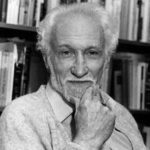
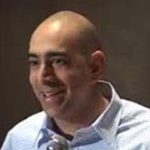
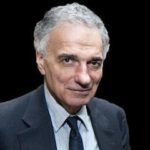
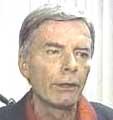
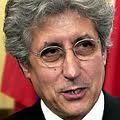

Reviews
There are no reviews yet.